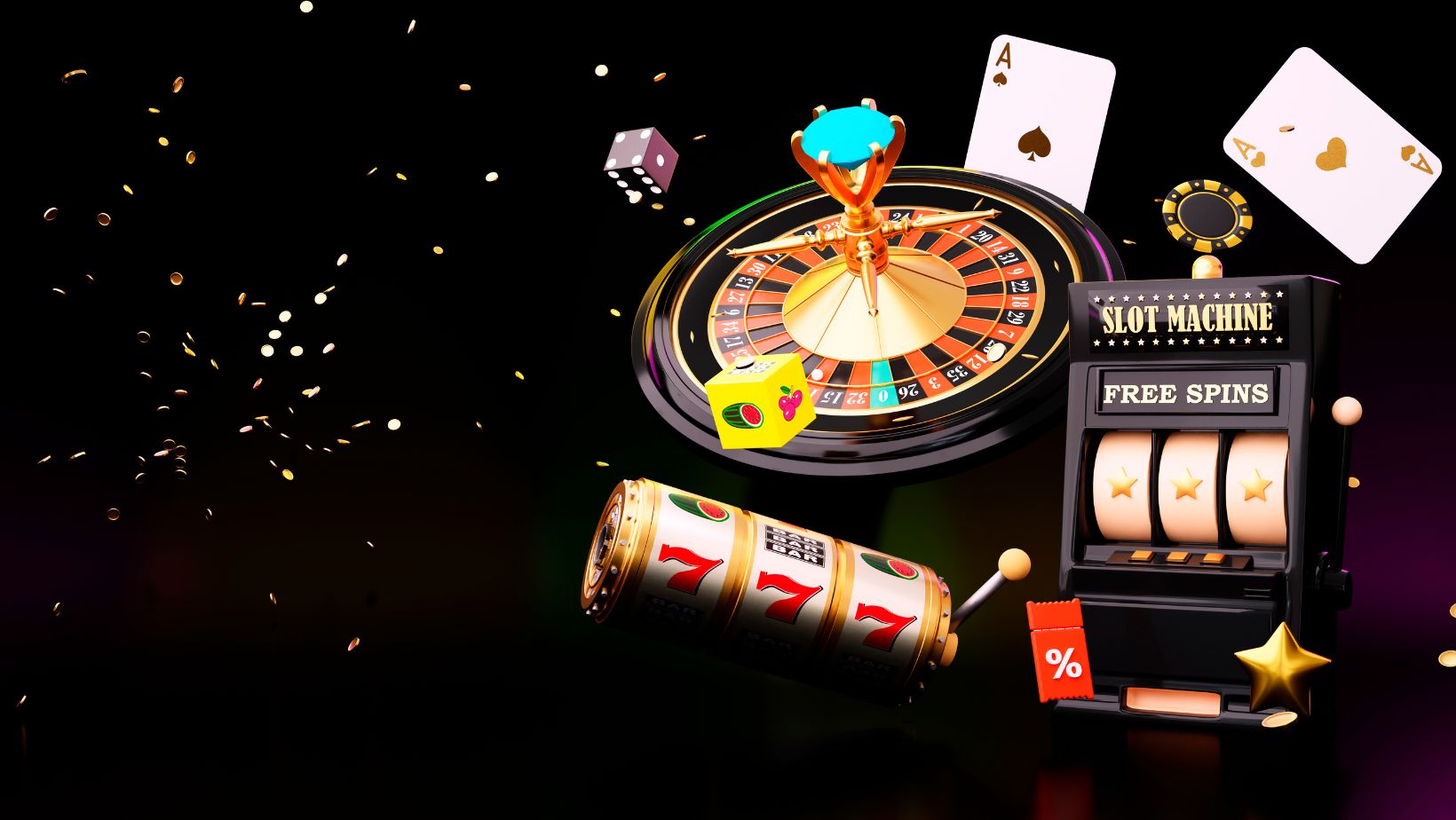Mobile slot gaming splits into two distinct paths: downloading dedicated apps or playing directly through your browser. While both options let you spin the reels, they deliver noticeably different experiences in terms of performance, convenience and overall quality. This divide matters more than most players realize.
The app-versus-browser debate isn’t just about preference—it’s about tangible differences in how games run on your device. Downloaded apps generally access your phone’s hardware more directly, while browser games operate through additional software layers that can impact performance. This fundamental architectural difference creates cascading effects on everything from graphics quality to battery consumption.
Most casual players never notice these technical distinctions, but they absolutely affect your gaming experience. The difference becomes particularly pronounced during extended play sessions or on older devices where resources are limited. What seems like a simple choice between downloading or not downloading actually influences how smoothly those reels spin and how quickly those bonus rounds load.
Technical Performance Metrics That Actually Matter
When comparing slot gaming options, several specific performance metrics determine the quality of your experience. Players accessing Spinago Australia and similar gambling websites through browsers versus dedicated apps will notice differences across several key areas. The gap becomes particularly evident when examining these technical aspects:
- Loading time for initial game launch
- Frame rate stability during animations
- Resolution and texture quality
- Battery consumption per hour
- Data usage efficiency
- Memory footprint during gameplay
- Touch response latency
These metrics vary significantly between the two approaches, with consistent patterns emerging across most devices and platforms.
Side-by-Side Performance Comparison
The following table illustrates typical performance differences between downloaded apps and browser-based play across various metrics:
| Performance Metric | Downloaded App | Browser Play | Advantage |
| Initial Loading Time | 3-5 seconds | 8-12 seconds | Downloaded App |
| Frame Rate Stability | 50-60 FPS consistent | 30-60 FPS variable | Downloaded App |
| Battery Drain (1 hour) | 12-15% | 18-22% | Downloaded App |
| Data Usage (1 hour) | 15-25 MB | 40-80 MB | Downloaded App |
| RAM Usage | 150-300 MB | 250-500 MB | Downloaded App |
| Touch Response Time | 30-50ms | 70-120ms | Downloaded App |
| Storage Required | 100-500 MB | Minimal | Browser Play |
The numbers reveal a clear technical advantage for downloaded applications in most performance categories. Browser play primarily wins on storage efficiency and immediate access without installation requirements.
Graphics Quality and Visual Experience Differences
The visual experience differs substantially between the two approaches, particularly for graphically intensive modern slot games with complex animations and 3D elements.
Resolution and Asset Quality
Downloaded apps typically include full-resolution assets packaged within the installation. These high-quality graphics files remain consistent regardless of network conditions. The result is sharper symbols, more detailed backgrounds and smoother animations during bonus rounds and winning combinations.
Browser-based games often dynamically adjust asset quality based on connection speed. During network congestion, they may serve lower-resolution textures to maintain performance. This adaptive approach preserves playability but sometimes sacrifices visual fidelity.
Animation Smoothness and Frame Rates
The most noticeable performance difference appears during complex animations. Dedicated apps maintain more consistent frame rates—typically 50-60 frames per second—even during visually demanding sequences. This smoothness creates a more premium feel during gameplay.

Browser games frequently experience frame rate fluctuations, dropping to 30 FPS or lower during intensive animations. These momentary stutters break immersion and create a less polished impression, particularly during bonus round transitions or jackpot celebrations—precisely the moments when smooth performance matters most.
Network Efficiency and Data Usage Considerations
The two approaches handle network resources quite differently, affecting both data consumption and resilience to poor connections.
Data Consumption Patterns
Downloaded apps store core game assets locally, dramatically reducing data usage during play. After initial download, they typically only transfer game state information and server verification data—a remarkably efficient approach using just 15-25 MB per hour of play.
Browser games load assets on demand, repeatedly downloading elements you encounter regularly. This inefficiency can increase data usage to 40-80 MB per hour—a significant difference for players with limited data plans or those paying by the megabyte.
Performance During Network Interruptions
App-based games handle connection issues gracefully. They continue running smoothly during brief interruptions, storing results locally until connectivity returns. This resilience prevents frustrating gameplay freezes during momentary signal drops.
Browser-based slots depend entirely on continuous connectivity. Even minor network hiccups can cause gameplay disruptions, frozen screens or error messages. This vulnerability creates particular problems for mobile players moving between network coverage areas.
Battery Life Impact on Extended Gaming Sessions
Battery consumption represents another significant difference between the two approaches. The impact becomes particularly meaningful during longer play sessions.
Downloaded apps access hardware resources more efficiently through native code, optimizing battery usage. They typically consume 12-15% battery per hour on modern devices—allowing several hours of play before needing a recharge.
Browser-based games run within the browser’s JavaScript engine, adding processing overhead that increases power consumption. This inefficiency results in 18-22% battery drain per hour—approximately 50% higher than dedicated apps. For players enjoying extended sessions, this difference limits their playing time significantly.
The battery impact compounds on older devices with already diminished battery capacity. On these phones, browser play might reduce possible gaming time from hours to just 30-45 minutes before requiring a power source.
Storage Requirements and Device Impact
Storage space presents the primary advantage for browser-based play. This factor matters particularly on devices with limited internal memory.
Downloaded apps require 100-500 MB of storage space depending on the game selection and graphics quality. Players with extensive game libraries might need several gigabytes of dedicated storage for their slot collection.
Browser games require virtually no permanent storage beyond browser cache—which automatically clears when space runs low. This minimal footprint makes browser play attractive for storage-constrained devices or players who prefer dedicating space to photos and videos rather than games.
Security Considerations Between Options
Security differs significantly between the two approaches, though not always in the ways players expect.
Downloaded apps from official app stores undergo security screening processes that verify their authenticity and scan for malicious code. This vetting creates a relatively trustworthy environment, though not without exceptions.
Browser play eliminates certain risks by avoiding installation altogether. However, it introduces other vulnerabilities through the browser itself, particularly on devices with outdated browser versions or security patches.
For optimal security with either approach, players should:
- Keep devices updated with the latest operating system
- Use only official app stores for downloads
- Verify website addresses carefully before logging in
- Avoid public Wi-Fi for real-money gambling
- Enable two-factor authentication when available
Making the Right Choice for Your Playing Style
Neither option universally outperforms the other for all situations. Your optimal choice depends on your specific circumstances and priorities.
Downloaded apps offer clear advantages for:
- Players who enjoy daily extended sessions
- Those with reliable storage space
- Players prioritizing performance and battery life
- Users with unstable or expensive data connections
- Gamers playing graphically intensive modern slots
Browser play makes more sense for:
- Occasional players who prefer convenience
- Those with storage-constrained devices
- Players who frequently switch between different gambling sites
- Users who value immediate access without installation steps
- Those concerned about app permissions or privacy
The performance gap continues narrowing as mobile hardware improves and browser technology advances. Progressive Web Apps (PWAs) represent an emerging middle ground, offering app-like performance with browser-like convenience. This hybrid approach may eventually render the distinction less relevant, but for now, meaningful differences remain that impact your gaming experience.

